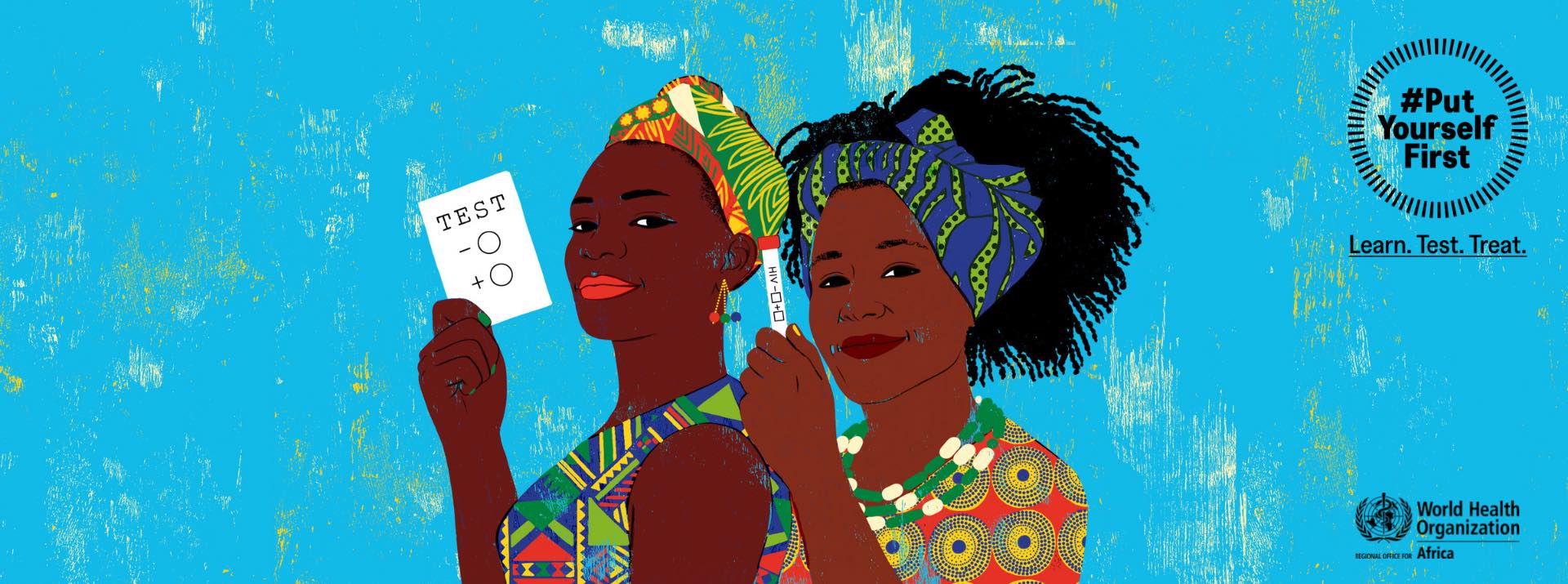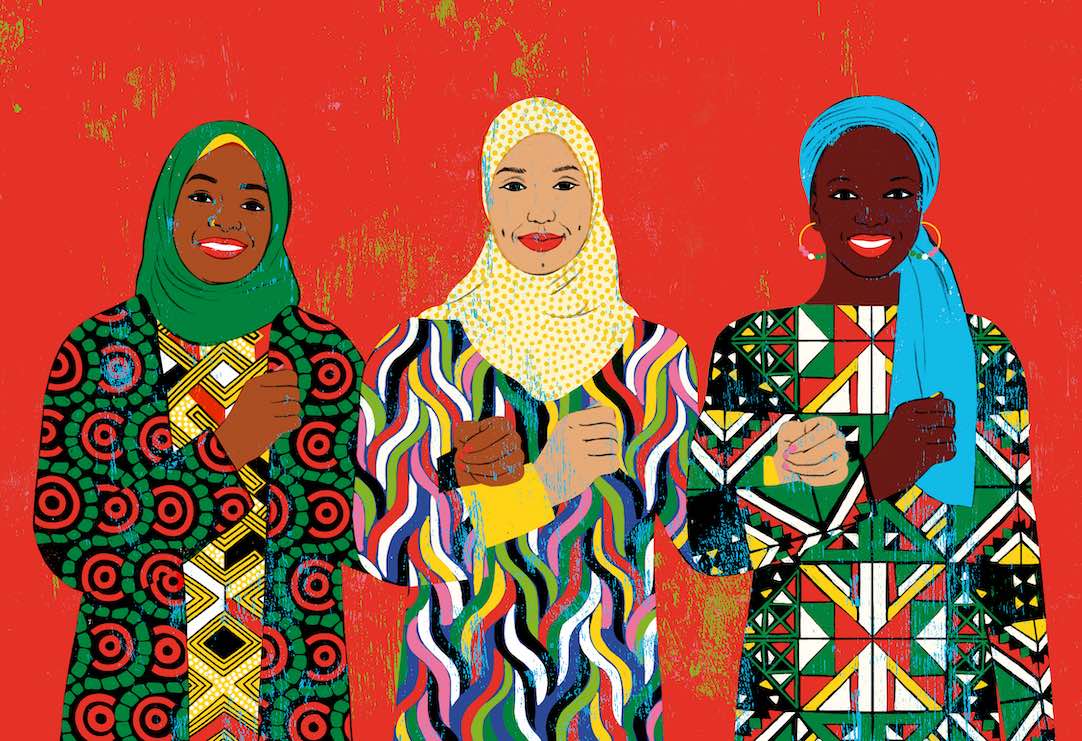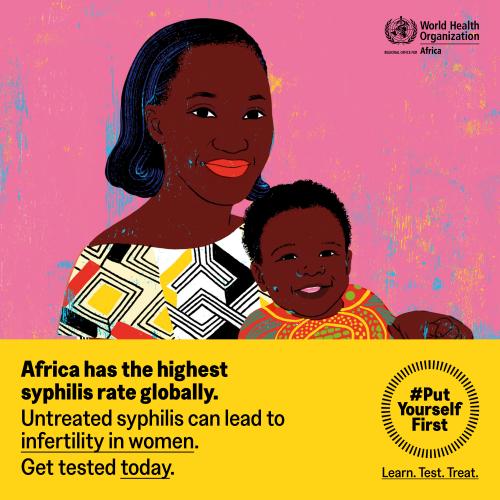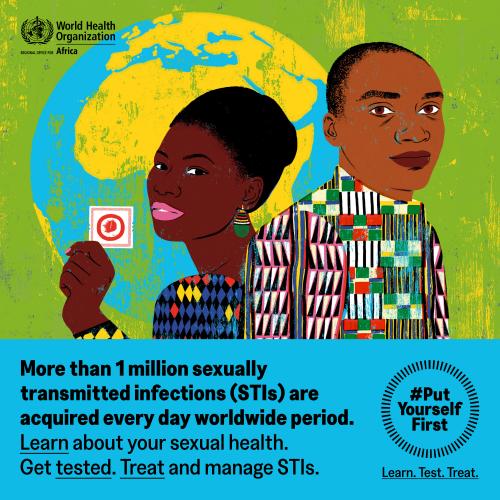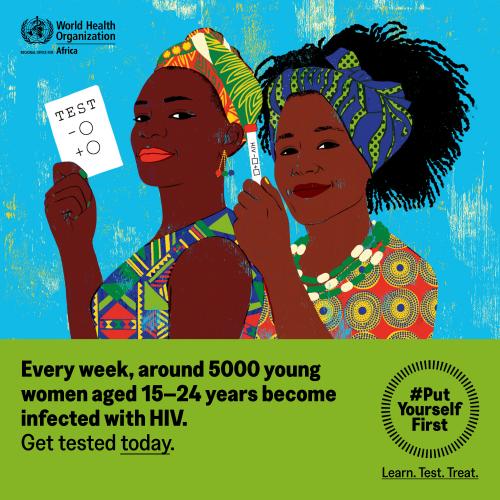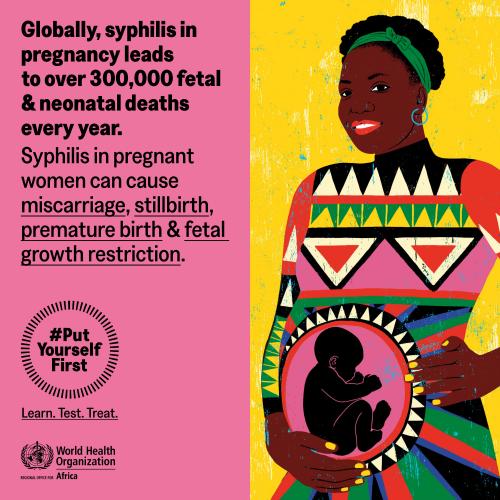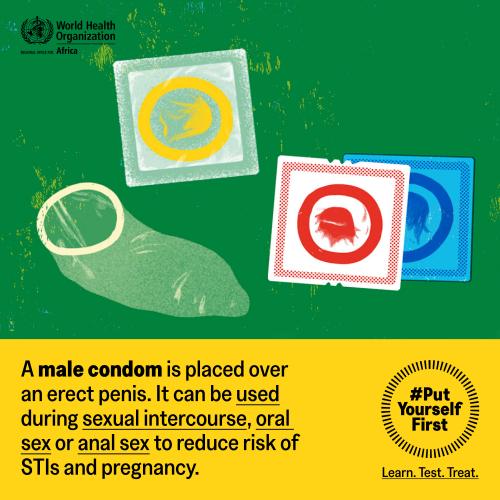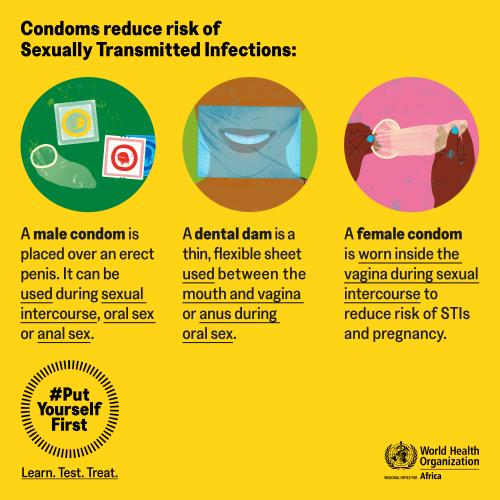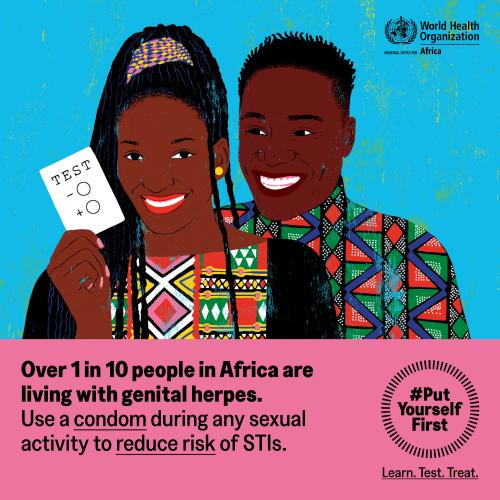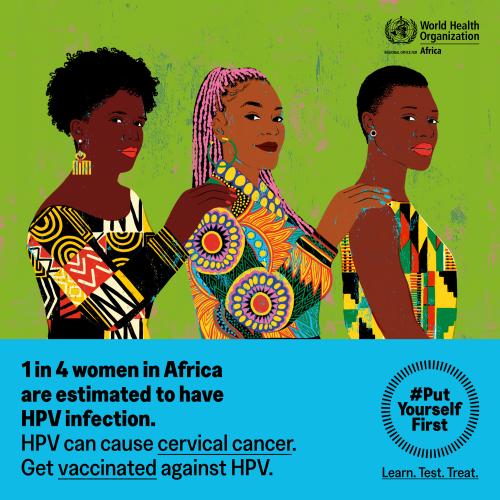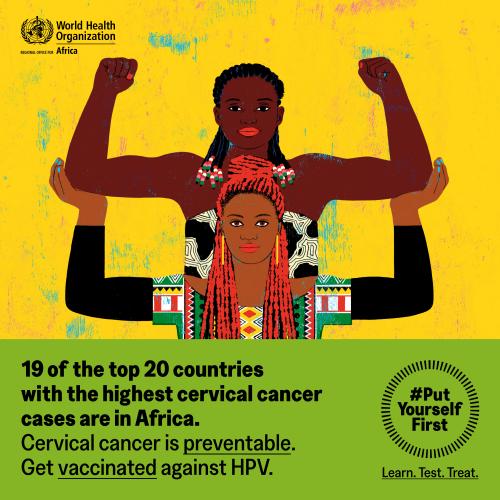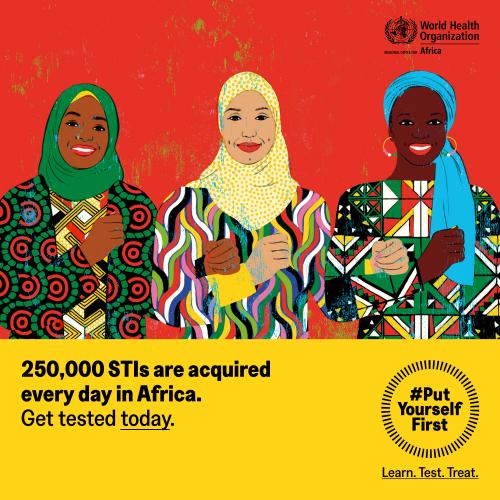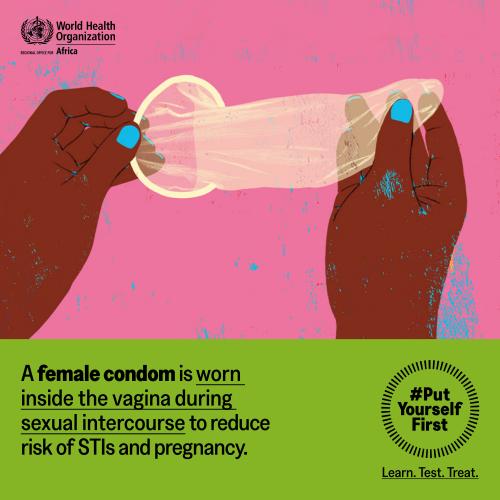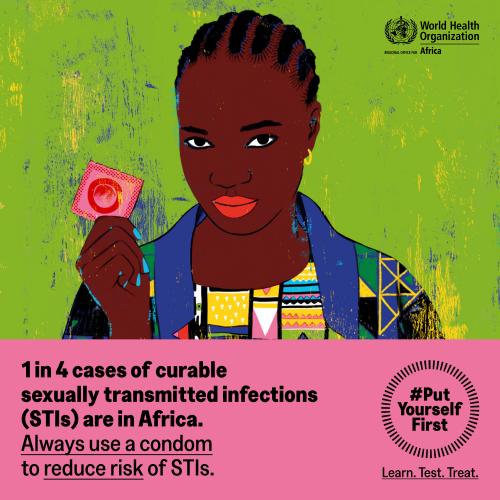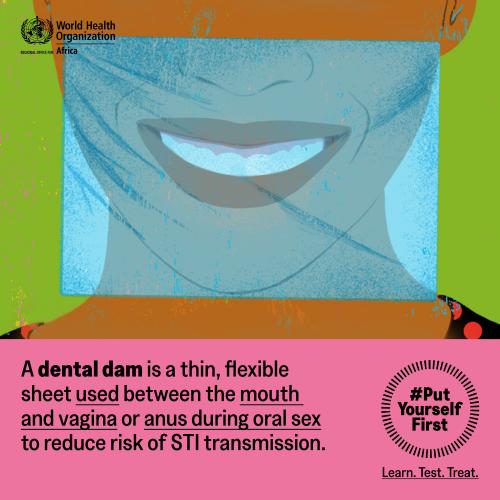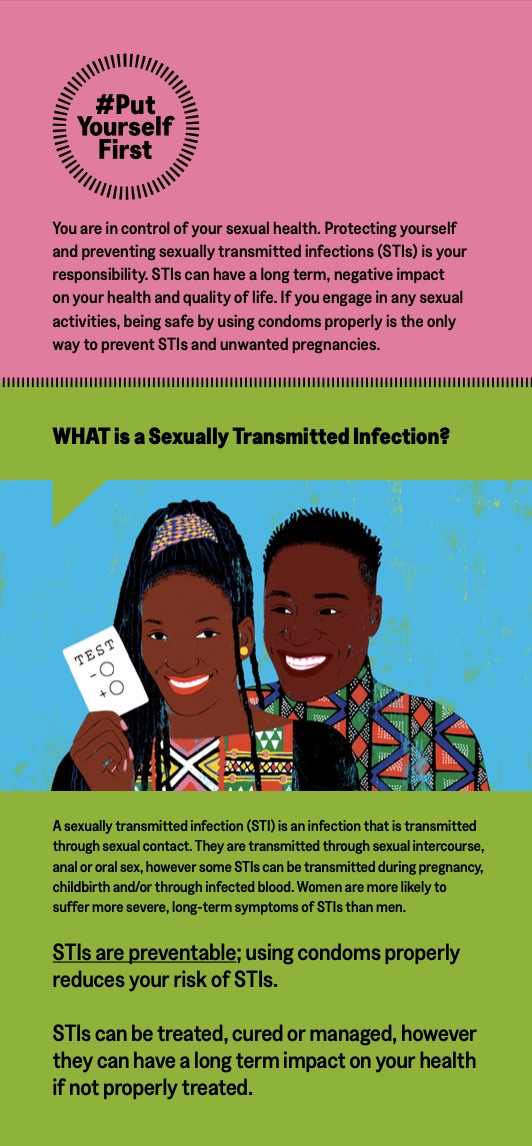Put yourself first
What is a Sexually
Transmitted Infection?
A sexually transmitted infection (STIs) is an infection that is transmitted through sexual contact. They are transmitted through sexual intercourse, anal or oral sex, however some STIs can be transmitted during pregnancy, childbirth and/or through infected blood. Women are more likely to suffer more severe, long-term symptoms of STIs than men.
- STIs are preventable; using condoms properly reduces your risk of STIs.
- STIs can be treated, cured or managed, however they can have a long term impact on your health.
- Some common STIs are HIV/Aids, HPV (Human papillomavirus), syphilis, chlamydia, gential herpes, gonorrhea and trichomoniasis.
How do I
prevent STIs?
You can reduce your risk of STIs by:
- Always using a condom properly during any sexual activity
- For STIs such as HPV, you can also get vaccinated
Getting tested regularly for STIs is a part of taking care of your sexual health as early detection and proper treatment can impact your life.
What is a Sexually
Transmitted Infection?
- 250,000 STIs are acquired every day in Africa
- 1 in 4 cases of curable sexually transmitted infections (STIs) are in Africa
- 19 of the top 20 countries with the highest cervical cancer cases are in Africa
- Africa has the highest syphilis rate globally
- Over 1 in 10 people in Africa are living with genital herpes
- Every week, around 5000 young women aged 15–24 years become infected with HIV
#PutYourselfFirst Teaser Video
6 December 2021



